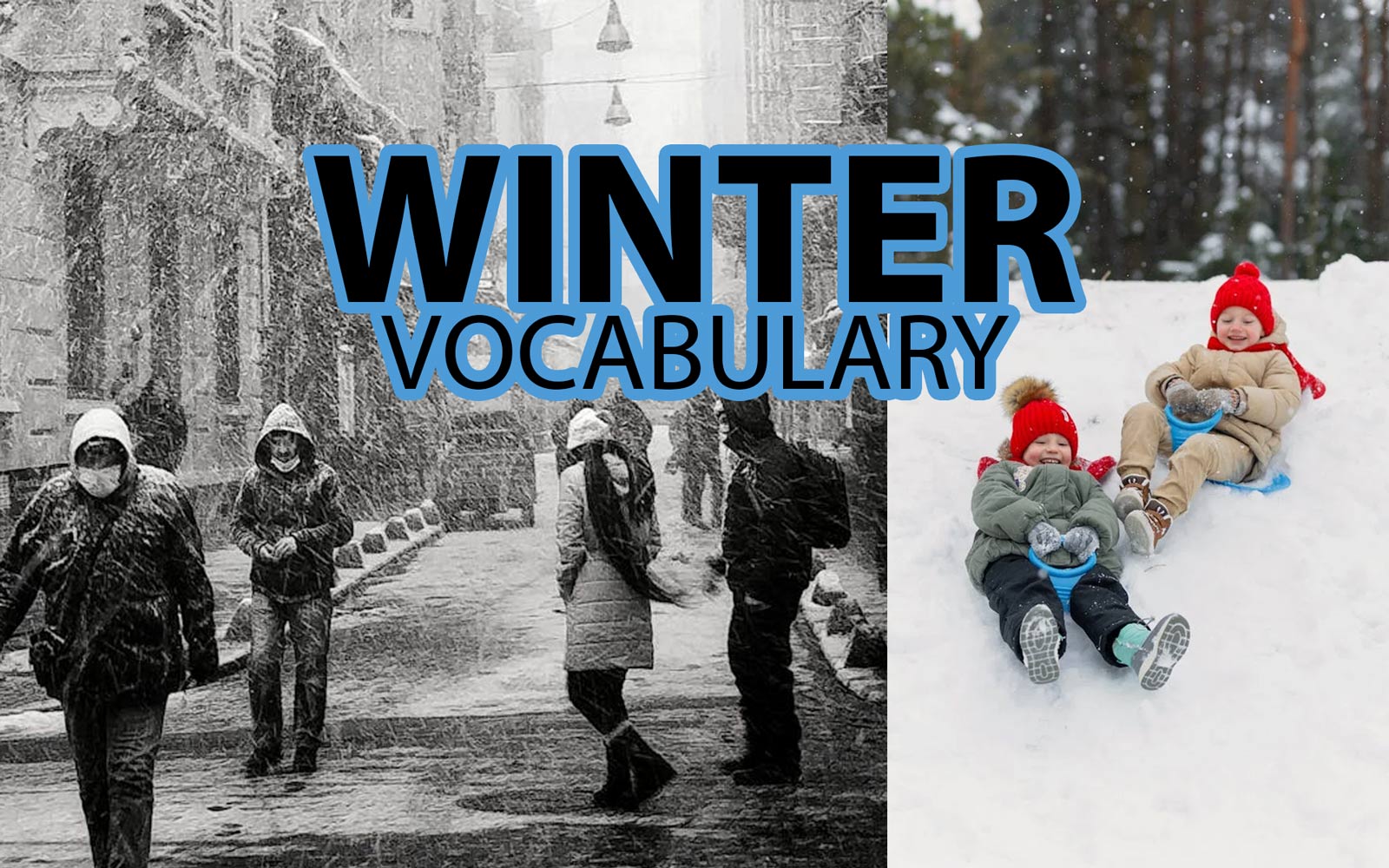I’d like to welcome you to fall and wish you a great season. Some of us students and some teachers, and all of us are likely interested in vocabulary like fall, also known as “autumn.” The question, among many, is should we say fall or autumn and is there a difference?
Fall vs Autumn
The main difference seems to be frequency of use. “Fall” is a very common expression while “autumn” is somewhat rarer. Fall is a commonplace word. Autumn has a kind of rarefied quality, like a word you’d find in a poetry book or song lyric. Which is better you ask? Well, as the expression goes “it depends.”
In most everyday situations the best choice is fall. It’s shorter and more recognizable. But if you are feeling inspired and looking for a splashy fun and slightly sophisticated word then autumn will work. It’s up to you and really depends on context and your own personality.
School and Semesters / Formal vs Informal
It so happens that schools, businesses and other organizations are more than likely to choose the word fall over the option to use autumn. It’s short and sweet. You can imagine arriving at college on the first day of the year, first week of September and your timetable reads “Fall Semester.” Makes perfect sense.
When it comes to practical discussion, the Merriam Webster dictionary describes it fairly plainly: “Both are used in American and British English, but fall occurs more often in American English. Autumn is considered the more formal name for the season.”
Etymology
Regarding that previous section and link to Merriam Webster, if you read that page you will see a discussion off the history of these words, a topic which is known as etymology.
The dictionary writes: “The older of the two words is autumn, which first came into English in the 1300s from the Latin word autumnus. (Etymologists aren’t sure where the Latin word came from.) It had extensive use right from its first appearance in English writing, and with good reason: the common name for this intermediary season prior to the arrival of autumn was harvest, which was potentially confusing, since harvest can refer to both the time when harvesting crops usually happens (autumn) as well as the actual harvesting of crops (harvest). The word autumn was, then, a big hit.”
What about the word fall? Does it have to do with the leaves? Indeed, the dictionary article goes on to say, “Names for the season didn’t just end with autumn, however. Poets continued to be wowed by the changes autumn brought, and in time, the phrase “the fall of the leaves” came to be associated with the season. This was shortened in the 1600s to fall.”
By the time of the 1800s, American and British English were diverging enough that there was a tendency in the Americas to use “fall” for the season and an inclination on the UK side of the pond to hang on to the term “autumn.”
Wrapping Up
On some level, fall is a feeling and which word you use to describe it, fall or autumn, is dependent on many factors. Fall is back to school and reflection time We ponder our presents, pasts and futures, whether we are students or seniors long past that moment.
Each September students gather at their schools, bells ring and the education cycle starts anew.
I often reminisce about my own school days. In the last decade I’ve started school in September a few times myself as I took a couple of certificate and diploma programs. Fall is embedded in my mind with the idea of going to school and as a mature student, going back to school.
September brings crisp fresh air and opportunities to reflect on who you are, where you’ve been and where you’re going. When feeling imaginative, lively or artistically inspired be sure to use autumn. It has a certain pleasing ring, particularly in writing. In spoken English, particularly in North America you may find fall is entirely sufficient in most situations.
Hope you find this discussion of the words fall and autumn interesting and useful.








